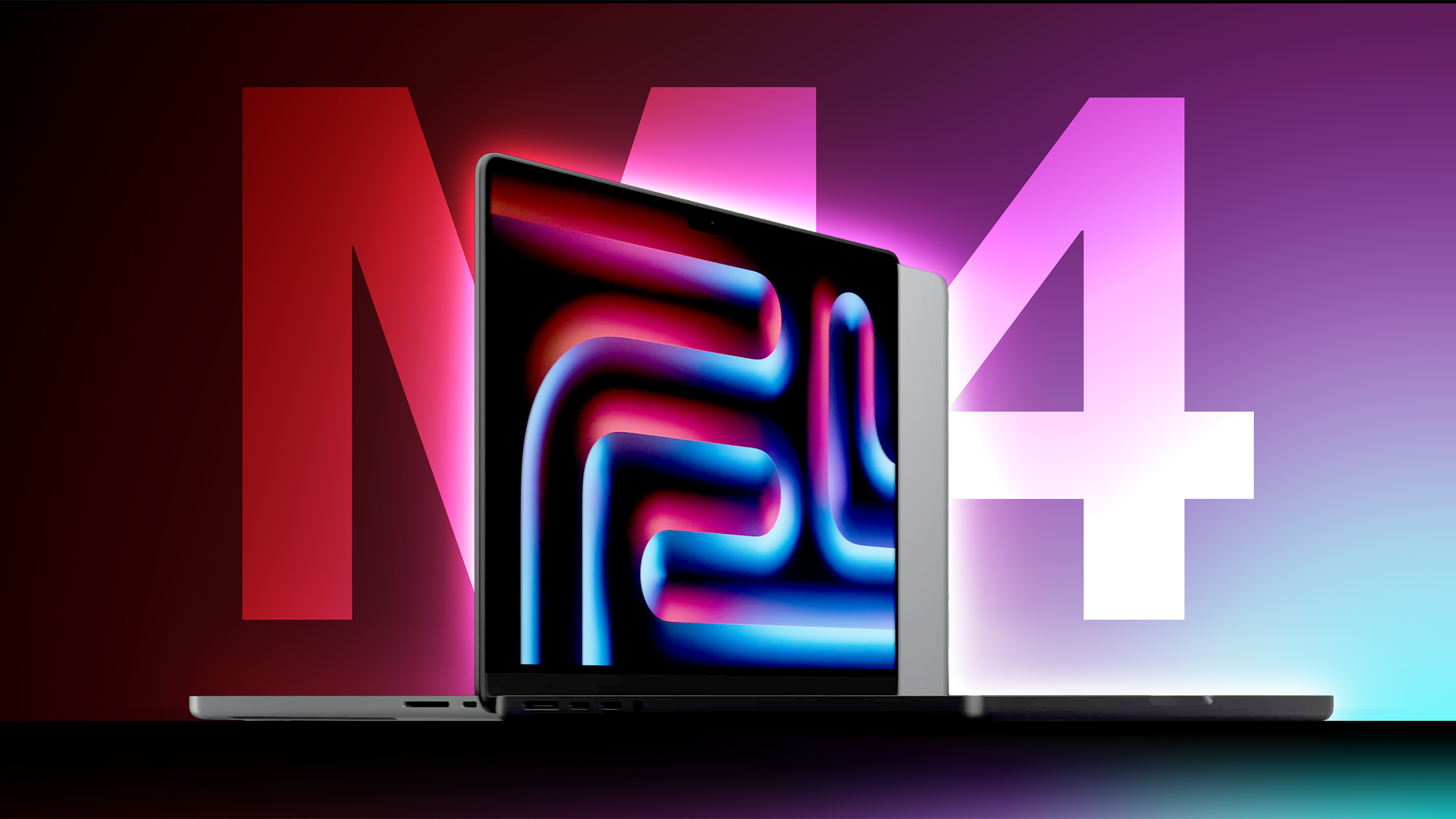
Young says that Apple has opted for KSF for prior MacBook Pro models because it doesn’t use toxic element cadmium (typical for quantum dot) and is more efficient (and thus less expensive). Way back in 2015, when Apple introduced the first Retina MacBook Pro models, Apple executives said that quantum dot technology was considered at the time, but rejected because of the cadmium requirement.
Big Apple display news, they have adopted quantum dots for the first time. The latest MacBook Pro’s (M4) use a quantum dot (QD) film rather than a red KSF phosphor film.
In the past, Apple went with the KSF solution due to better efficiency and lack of cadmium (Cd), but the… pic.twitter.com/5olq9lEHs9
— Ross Young (@DSCCRoss) November 14, 2024
There are now cadmium-free quantum dot options that Young says have as good or better color gamut and better motion performance than the KSF film Apple previously used. The KSF phosphor coating Apple added to prior MacBook Pro models boosted color by enhancing shades of red, but quantum dot film is considered superior because it often results in better color accuracy and a wider color gamut.
Quantum dot technology has been used for high-end displays for several years, with companies like Samsung and Sony manufacturing “QLED” displays and TV sets.
Apple didn’t highlight specific color improvements with the M4 MacBook Pro models, but max SDR brightness increased to 1,000 nits, up from 600 nits in the prior model.
This article, “M4 MacBook Pro Uses Quantum Dot Display Technology” first appeared on MacRumors.com
Discuss this article in our forums